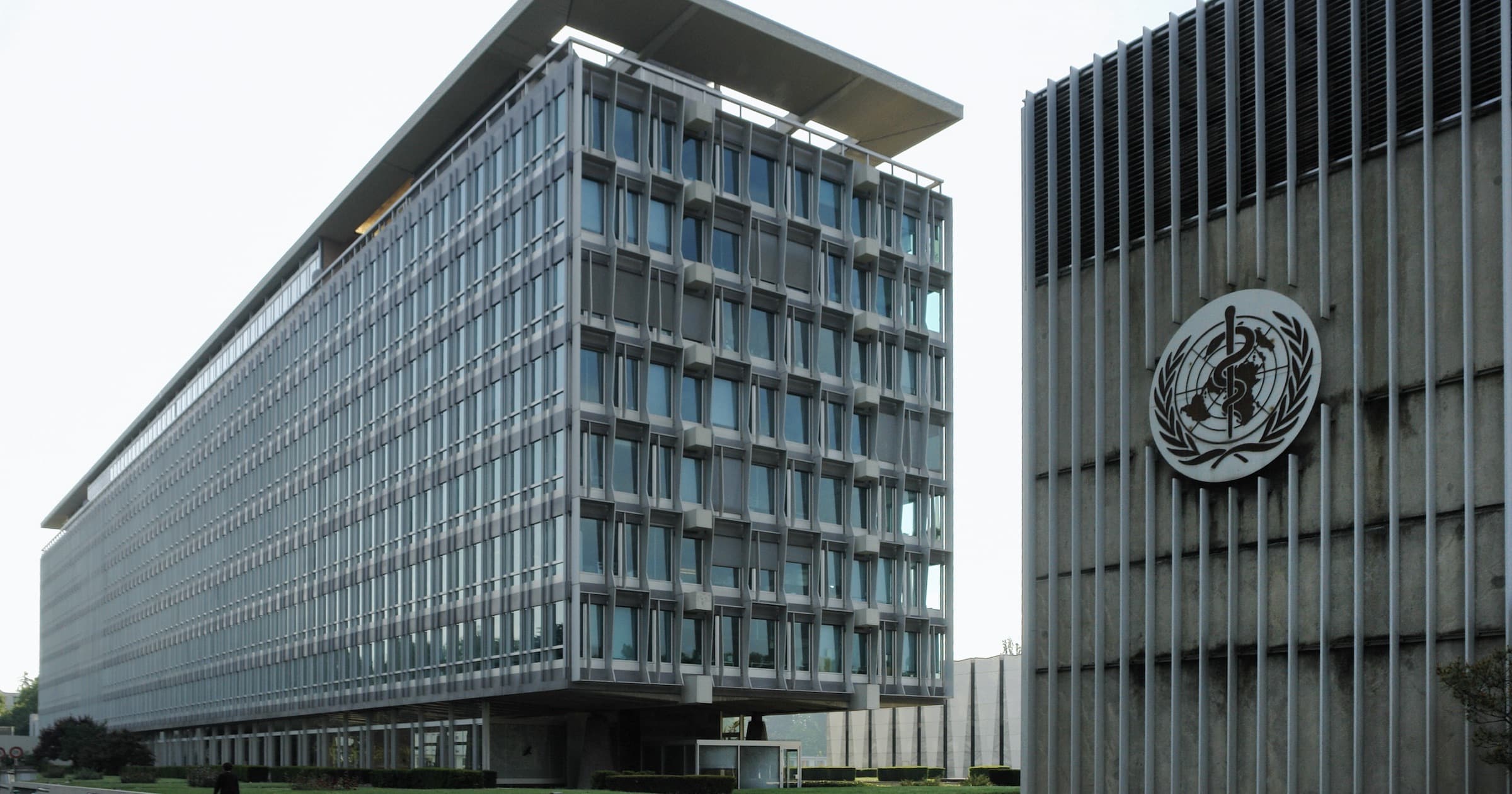 Culture & Ethics
Culture & Ethics
 Medicine
Medicine
Transforming WHO into a Public-Health Technocracy

In the name of preventing and fighting pandemics, the Biden Administration and international entities are negotiating an agreement that would establish a public-health technocracy. The proposed treaty, known as the “WHO Convention, Agreement or Other International Instrument on Pandemic Prevention, Preparedness and Response” — or WHO CA+, for short — would transform WHO from a purely advisory organization into one with regulatory power to enact international public policies.
What the Treaty Entails
The WHO CA+ specifically centralizes public-health power into the WHO. From the current draft of the proposed treaty:
Central role of WHO — As the directing and coordinating authority on global health, and the leader of multilateral cooperation in global health governance, WHO is fundamental to strengthening pandemic prevention, preparedness, response and recovery of health systems.
The WHO director-general would be granted the power to “declare pandemics,” at which point emergency provisions of the treaty to impose public-health policies would go into effect:
Recognizing the central role of WHO as the directing and coordinating authority on international health work, and mindful of the need for coordination with regional organizations, entities in the United Nations system and other intergovernmental organizations, the WHO Director-General shall, in accordance with terms set out herein, declare pandemics.
The WHO would be able to dictate policies if international consensus were not obtained by a vote of the two presidents and four vice presidents of the WHO CA+ (my emphasis here and subsequently):
The Officers of the Parties, as the administrative organ of the Governing Body, shall: (a) be composed of two Presidents, four Vice-Presidents and two rapporteurs, serving in their individual capacity and elected by the COP for XX years; and (b) endeavour to make decisions by consensus; however, if efforts to reach consensus are deemed by the Presidents to be unavailing, decisions may be taken by voting by the President and Vice-Presidents.
The International Court of Justice would also be granted decisive power:
When ratifying, accepting, approving, formally confirming or acceding to the WHO CA+, or at any time thereafter, a Party may declare in writing to the Depositary that, for a dispute not resolved in accordance with paragraph 1 of this Article, it accepts, as compulsory ipso facto and without special agreement, in relation to any Party accepting the same obligation: (i) submission of the dispute to the International Court of Justice; and/or (ii) ad hoc arbitration in accordance with procedures to be adopted by consensus by the Governing Body.
What Powers Would WHO Be Granted?
WHO would centralize pandemic planning and response into itself:
The WHO Global Pandemic Supply Chain and Logistics Network (the “Network”) is hereby established. . . . The Parties shall support the Network’s development and operationalization, and participate in the Network, within the framework of WHO, including through sustaining it in inter-pandemic times as well as appropriate scale-up in the event of a pandemic.
WHO could also eviscerate existing intellectual-property rights:
In the event of a pandemic, the Parties: (a) will take appropriate measures to support time-bound waivers of intellectual property rights that can accelerate or scale up manufacturing of pandemic-related products during a pandemic, to the extent necessary to increase the availability and adequacy of affordable pandemic-related products.
The treaty would also allow centralized control over discourse and debate:
Strengthening pandemic and public health literacy 1. The Parties commit to increase science, public health and pandemic literacy in the population, as well as access to information on pandemics and their effects, and tackle false, misleading, misinformation or disinformation, including through promotion of international cooperation. In that regard, each Party is encouraged to: (a) promote and facilitate, at all appropriate levels, in accordance with national laws and regulations, development and implementation of educational and public awareness programmes on pandemics and their effects, by informing the public, communicating risk and managing infodemics through effective channels, including social media; (b) conduct regular social listening and analysis to identify the prevalence and profiles of misinformation, which contribute to design communications and messaging strategies for the public to counteract misinformation, disinformation and false news, thereby strengthening public trust.
Giving Away U.S. Sovereignty
Readers might be thinking that we shouldn’t worry because such a giveaway of American sovereignty would be unlikely to pass the Senate. Ah, but they have already thought of that, and thus the agreement allows for “provisional” membership pending a nation’s formal ratification, which would seem to mean that the President could sign us up indefinitely without congressional acquiescence (as was done in the Paris Accords):
In all of this, I am reminded of Anthony Fauci’s published call to grant WHO the power to effectuate “rebuilding the infrastructures of human existence.” Fauci’s vision is all-encompassing:
In such a transformation we will need to prioritize changes in those human behaviors that constitute risks for the emergence of infectious diseases. Chief among them are reducing crowding at home, work, and in public places as well as minimizing environmental perturbations such as deforestation, intense urbanization, and intensive animal farming.”
Equally important are ending global poverty, improving sanitation and hygiene, and reducing unsafe exposure to animals, so that humans and potential human pathogens have limited opportunities for contact.
This treaty would be the first essential step in that proposed process by granting WHO the actual power to impose policies instead of relying, as now, on persuasion.
I’m all for international cooperation. But the threat of pandemics is being used as a pretext to empower an international technocracy. Defenders of American national sovereignty should push back on this effort now while it is still gestating. WHO should never be granted other than advisory capacities.
Cross-posted at The Corner.
